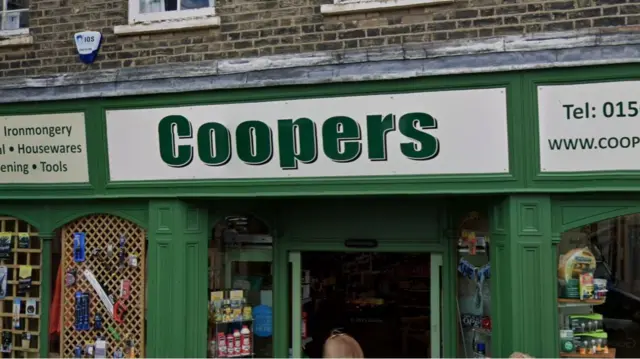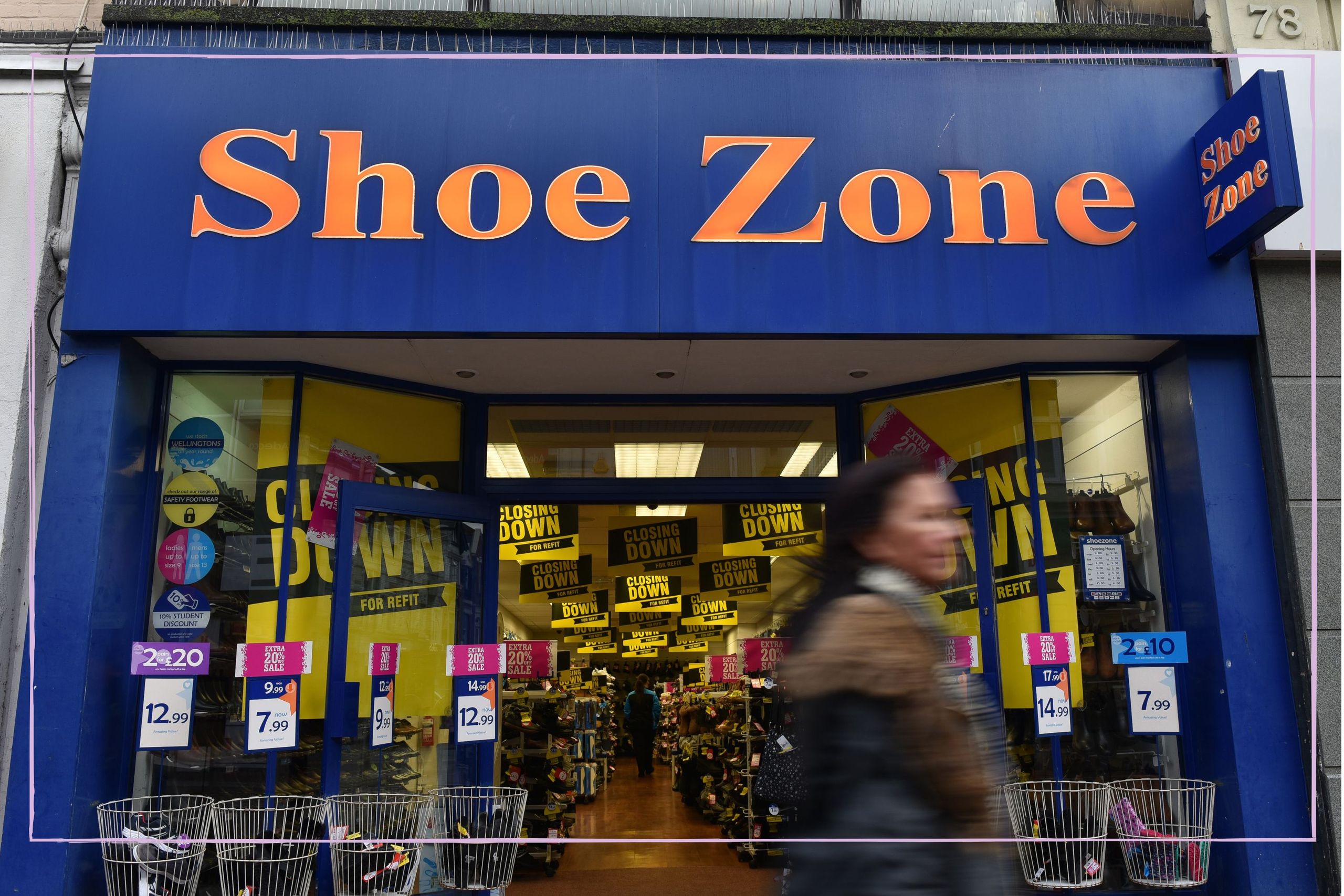Coopers Hardware Chain to Close Its Stores Nationwide

Introduction
The recent announcement regarding the closure of Coopers Hardware chain has sent ripples through the retail and DIY industry. Established over three decades ago, Coopers has been a staple for both professional tradespeople and DIY enthusiasts across the UK. This development raises concerns about job losses and the impact on local communities where the stores have been a key resource.
Details of the Closure
Coopers Hardware, which operates over 150 stores nationwide, declared that they would close all locations by the end of the year. The company issued a statement confirming that the decision was made due to ongoing financial difficulties exacerbated by increased competition and the effects of the COVID-19 pandemic. In recent months, the company has struggled to maintain its market share as more consumers have turned to online platforms for their hardware needs.
According to sources within the company, a combination of rising costs, changing consumer behaviours, and the inability to adapt quickly to new retail environments led to a significant decline in sales. The move is said to affect approximately 2,000 employees across the UK, many of whom are being offered redundancies or assistance in finding new jobs.
Reactions from the Public and Industry Experts
Local communities expressed shock and dismay at the news, particularly in areas where Coopers has been a long-standing provider of services and products. Many customers took to social media to share their memories and express concerns about losing a familiar shopping option. Industry analysts suggest that the closing of Coopers could lead to reduced competition in the hardware market, which could ultimately affect prices and service availability.
Looking Ahead
The closure of Coopers Hardware raises significant questions about the future of physical retail in an increasingly digital world. While some experts warn that more traditional retailers may face similar fates unless they adapt, others suggest that the market may evolve to accommodate better biz practices and innovations in online shopping. For former employees and devoted customers of Coopers, the closure marks the end of an era and signals a pivotal shift within the hardware retail landscape.
Conclusion
The impact of the Coopers Hardware chain’s closures will likely be felt for years to come, and it serves as a reminder of the challenges faced by brick-and-mortar retailers today. As consumers change their purchasing habits, businesses must find ways to innovate and meet the needs of their customers. The story of Coopers reinforces the importance of adaptability in an ever-evolving market and the potential consequences of failing to keep pace with consumer preferences.
You may also like

Shoe Zone Store Closures: Impact and Future Outlook

TNT’s Strategic Expansion in Global Logistics Services

DBE: Driving Business Excellence in Today’s Market
SEARCH
LAST NEWS
- Remembering Wendy Richard: The Promise to Co-Star Natalie Cassidy
- How Did Anglian Water Achieve an ‘Essentials’ Rating for Mental Health Accessibility?
- Shai Hope Leads West Indies in T20 World Cup Clash Against South Africa
- What We Know About Weston McKennie: Future at Juventus and Past at Leeds
- What We Know About the Upcoming Live Nation Antitrust Trial